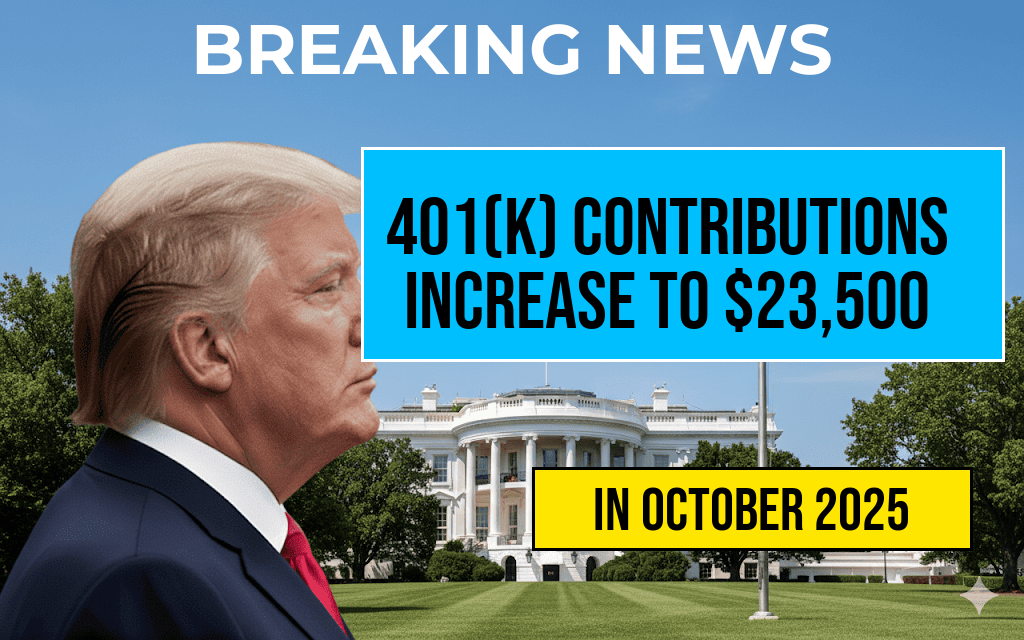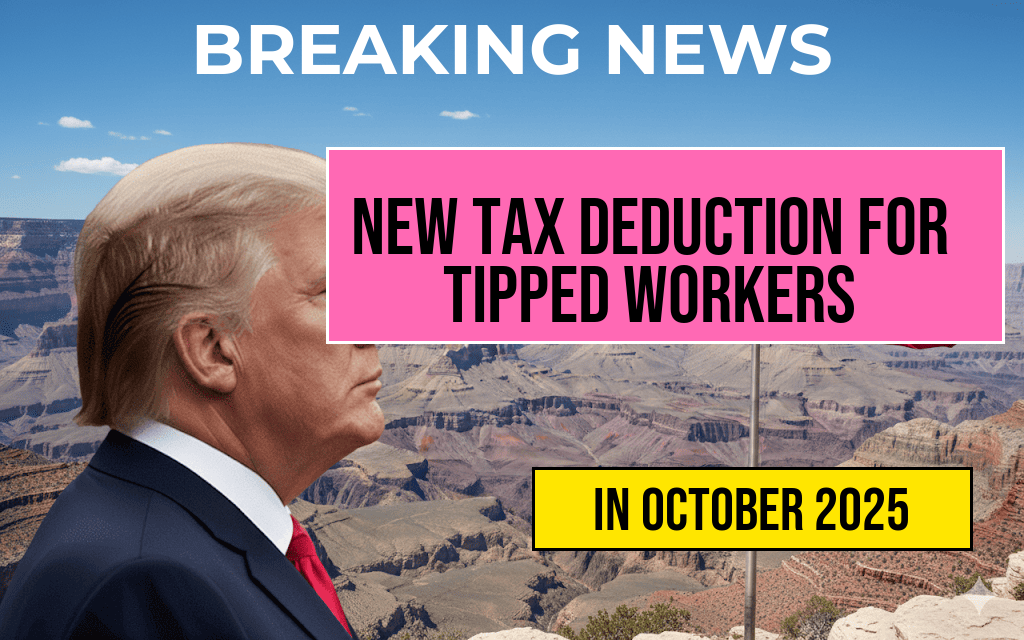California and New York are poised to implement an increase in the minimum wage to $16.50 per hour, a significant step aimed at addressing the rising cost of living and supporting low-income workers. The change, which is set to take effect in early 2024, comes as both states face ongoing debates about wage equity, economic growth, and the viability of small businesses. The new rate will impact a large number of employees, particularly in service industries, where many workers earn minimum wage. Advocates argue that this adjustment will help alleviate poverty and stimulate local economies, while critics caution about potential job losses and increased operational costs for businesses. As the policy changes draw closer, stakeholders from various sectors are preparing to adapt to the new economic landscape.
Details of the Minimum Wage Increase
The minimum wage increase to $16.50 per hour is part of a broader trend among states aiming to enhance workers’ rights and living standards. The implementation timeline and specific regulations differ slightly between California and New York, reflecting each state’s economic conditions and labor market needs.
California’s Approach
- Effective Date: January 1, 2024
- Current Rate: $15.50 per hour, with planned annual adjustments based on inflation.
- Impact on Businesses: Small businesses with fewer than 25 employees will have an additional year to comply.
New York’s Strategy
- Effective Date: January 1, 2024
- Current Rate: $15.00 per hour, with increases based on regional economic conditions.
- Geographic Variations: Different rates may apply based on city or county, with New York City set to maintain higher rates.
Economic Implications
Supporters of the minimum wage increase argue that the adjustment is necessary to keep up with the soaring costs of housing, transportation, and other essential expenses. According to a report from the Forbes Finance Council, nearly 1.5 million workers in California and over 1 million in New York will benefit from the wage hike.
Potential Benefits
- Reduction in poverty levels.
- Increased consumer spending, boosting local economies.
- Improved employee retention and job satisfaction.
Concerns and Challenges
Conversely, there are apprehensions regarding the impact on businesses, particularly small enterprises that operate on thin margins. Critics warn that the wage increase may lead to higher prices for consumers, reduced hiring, or even layoffs. A study conducted by the Economic Policy Institute suggests that while wage increases can promote economic growth, businesses in certain sectors may struggle to adapt without support.
Stakeholder Reactions
Reactions from stakeholders have been mixed. Labor unions and worker advocacy groups heavily support the minimum wage increase, arguing that it is a step towards greater economic equity. “This adjustment is crucial for our working families who are struggling to make ends meet,” said Maria Gonzalez, a spokesperson for a prominent labor union in California. On the other hand, business associations express concern over the potential for adverse effects on employment. “While we understand the need for fair wages, we also need to consider the sustainability of our businesses,” stated John Smith, president of the New York Small Business Association.
Looking Ahead
As California and New York prepare for the minimum wage increase, both states will need to navigate the complex balance between supporting workers and ensuring business viability. Policymakers are likely to monitor the impact closely and may consider additional measures to support small businesses during this transition. The outcomes of these changes could serve as a model for other states contemplating similar wage hikes in the future.
Frequently Asked Questions
What is the new minimum wage in California and New York?
The new minimum wage in both California and New York will be set at $16.50 per hour.
When will the new minimum wage take effect?
The implementation date for the $16.50 hourly minimum wage in both states has been announced for next year.
Who will be affected by the minimum wage increase?
The minimum wage increase will impact all employees in California and New York who earn less than $16.50 per hour.
Are there any exceptions to the minimum wage increase?
Yes, certain industries and specific employee categories may have exceptions or different wage requirements, which will be detailed in the respective state regulations.
How will this wage increase impact businesses?
Businesses may face increased labor costs due to the minimum wage rise, which could lead to adjustments in prices, staffing, or operational strategies.










